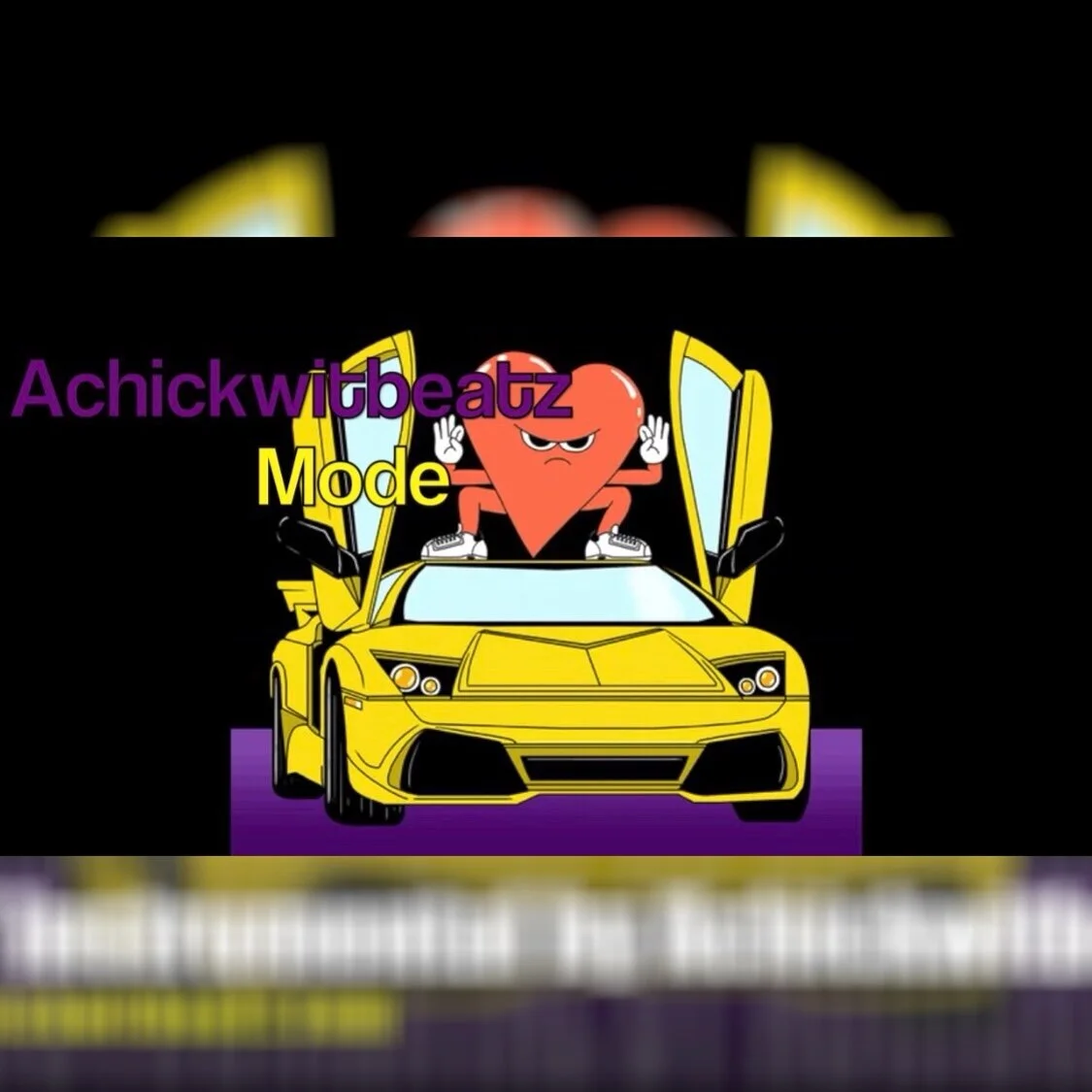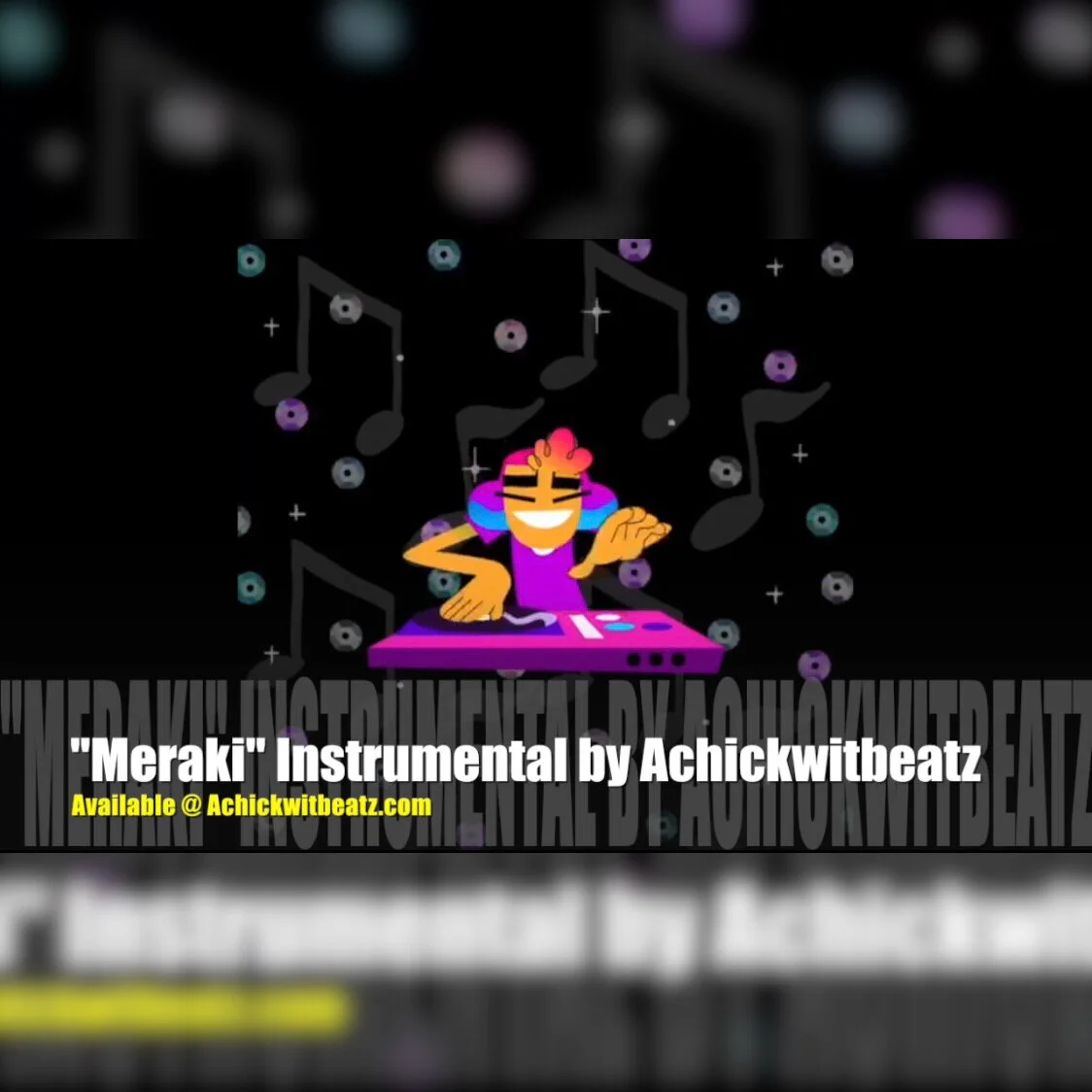Photo by Yassine Khalfalli on Unsplash
Building partnerships with local businesses can be a smart strategy for independent artists to increase visibility, reach new audiences, and create meaningful community ties. Brand deals and sync placements typically dominate online music marketing tips and advice, but local businesses are a powerful (and often overlooked) tool that can help you build momentum in your own community. Here’s how these partnerships work, what makes them successful, and what to watch out for.
Why Local Matters in a Digital-First World
Local collaborations probably won’t spark algorithm-fueled viral moments, but they still hold value and can support long-term growth for artists who also want to strengthen their presence offline. Research through observation and social listening reveals that the partnerships help indie artists benefit from:
Community Credibility: Being embraced by a hometown business can increase trust and legitimacy among local audiences.
Audience Crossover: Businesses often have loyal customers who are open to discovering new music through trusted community spaces.
Lower Barriers to Entry: Compared to corporate brand deals, local partnerships typically have fewer gatekeepers and require less formal pitching.
Types of Local Partnerships Worth Exploring
Photo by Dwayne joe on Unsplash
So what does partnering with a local business actually look like for a musician? Here are some of the more practical types of artist-business collaborations that have come up repeatedly in my research:
Co-hosted Events: Businesses that host live performances, pop-ups, or listening events offer a stage and built-in traffic. Artists provide entertainment and potentially attract new foot traffic. Think pop-up shows at clothing boutiques, gallery spaces, record stores, or breweries. These are more than just gigs because they’re curated experiences that draw from both audiences.
Merch Bundling or Cross-Promotions: Some businesses are open to bundling products or services with music releases, like offering a free download code with a purchase, or including artist merch in limited-edition gift sets.
In-Store Playlists & Music Placements: Local cafes, salons, and shops often need background music. Some are willing to feature music from local artists if approached professionally, especially if it matches their vibe or ethos.
Sponsorship or Barter Deals: A small business might not have a huge budget, but they may offer services in exchange for exposure, like free rehearsal space, studio time, catering for a music video shoot, or co-brand merchandise.
Content Collaborations: Local businesses may be interested in featuring musicians in their social media posts, behind-the-scenes videos, or community newsletter spotlights.
What Makes These Partnerships Work
Photo by Asafh Kalebe on Unsplash
One common thread across successful artist-business partnerships is alignment. Patterns suggest that they share several characteristics:
Shared Audience or Values: The artist’s target listeners and the business’s customer base should naturally overlap or complement each other. A local vegan bakery may align with a conscious Hip Hop artist. A vintage clothing shop may vibe with a retro pop act. The connection needs to make sense.
Clear Mutual Benefit: Approaching a business with “I need your help” won’t land as well as “Here’s how this helps both of us.” Both parties should gain something concrete from the arrangement, whether it’s exposure, revenue, engagement, or branding. Be prepared to show what you bring to the table, such as foot traffic, social reach, or creative ideas.
Professional Presentation: Businesses take partnerships more seriously when artists show up prepared, with a proposal, portfolio, or press kit. You don’t need to overproduce it, but you do need to make it easy for them to say yes. Artists who pitch clearly and offer examples of past work or expected outcomes are more likely to be taken seriously.
Potential Pitfalls
Photo by Dmitrii E. on Unsplash
Not every local business will be a good match or is partnership-ready. Some common issues to be aware of:
Lack of Clarity on Rights or Revenue Splits: If you’re selling music, performing live, or creating joint content, make sure both sides are clear on expectations. Without a written agreement, things like revenue sharing, usage rights, or event logistics can get messy.
Overly One-Sided Arrangements: If a business is asking for a lot without offering real value in return, it’s worth reconsidering. Exposure alone isn’t compensation. If the business gains customers or content while the artist gets little in return, the value exchange needs revisiting.
Limited Reach or Misalignment: If the business’s clientele isn’t aligned with your brand or music, the partnership may fall flat or confuse audiences.
Next Steps for Artists Exploring This
Photo by Matt Taylor on Unsplash
The takeaway here isn’t that every artist must work with local businesses, but that there’s untapped potential if you’re strategic. These partnerships won’t always be glamorous or high-profile, but they can create genuine community ties and a more diversified path to sustainability.
If you’re considering this route, begin by identifying businesses whose identity or audience overlaps with your music. Review their marketing, assess their community engagement, and determine what you could offer that’s mutually beneficial. Prepare a brief, respectful pitch that shows what you bring to the table, and what you’re looking for in return.
More examples and data on this topic are still being gathered, particularly around measurable impact and long-term benefits. If you're an artist or business who has tried this successfully (or not), your insights could help shape future posts.
- Art
- Independent Labels
- Internet Radio
- Music Documentaries
- Album Reviews
- Music History
- Music Industry News
- Free Game Friday
- Free Downloads
- Poetry
- Books
- Interviews
- Did You See It?!
- Hip Hop History
- Hear Here
- Music News
- Hip Hop Documentaries
- Music Marvels Radio Show
- Think Piece Thursday
- Mini Documentaries
- Instrumental Intel
- Music Humor
- Indie Analysis
- Conversations & Quotables
- Music
- Resources for Artists
- Podcasts
- Beats/Instrumentals
- Music Education
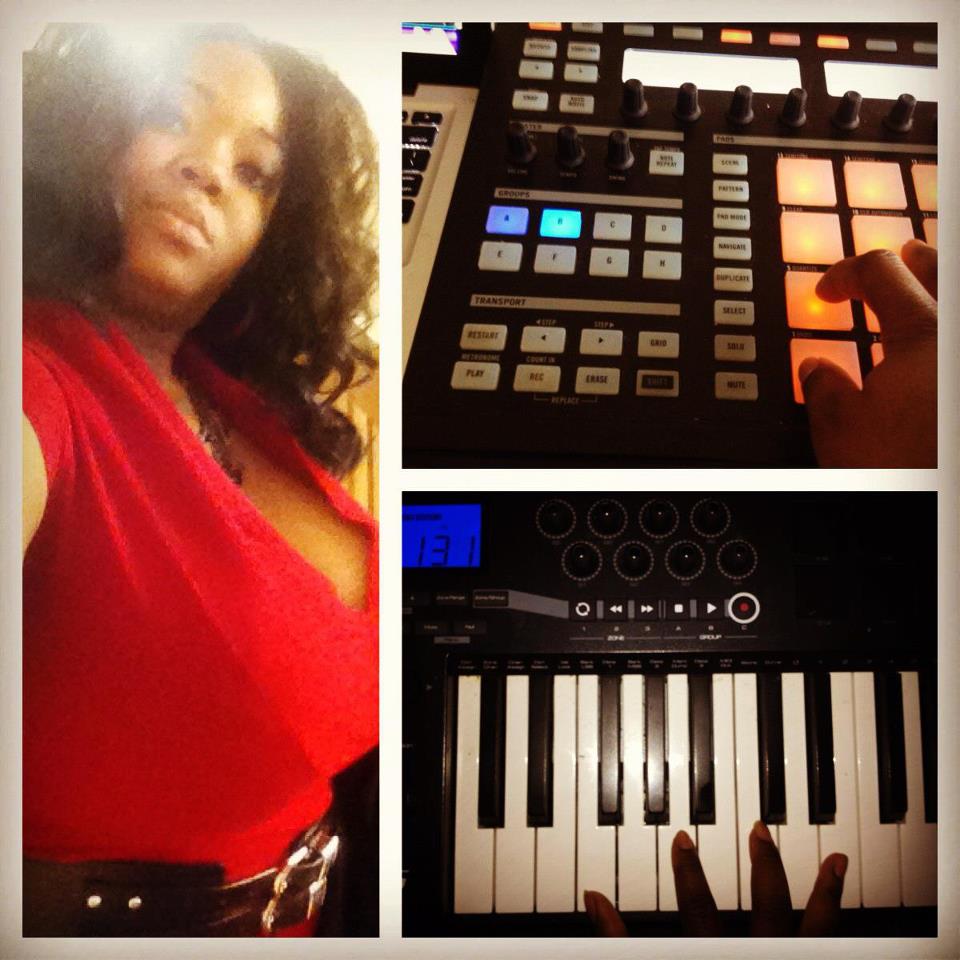
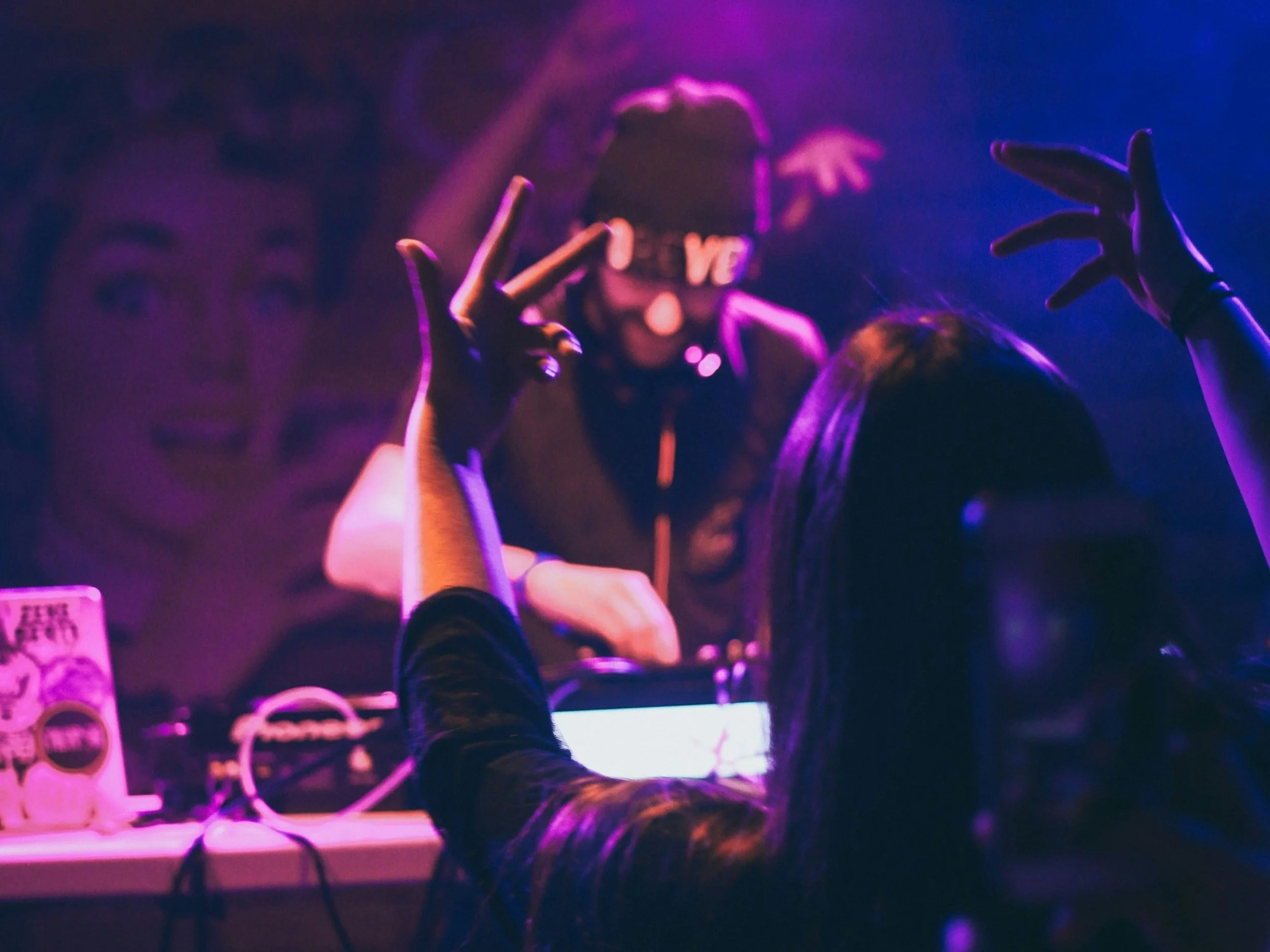

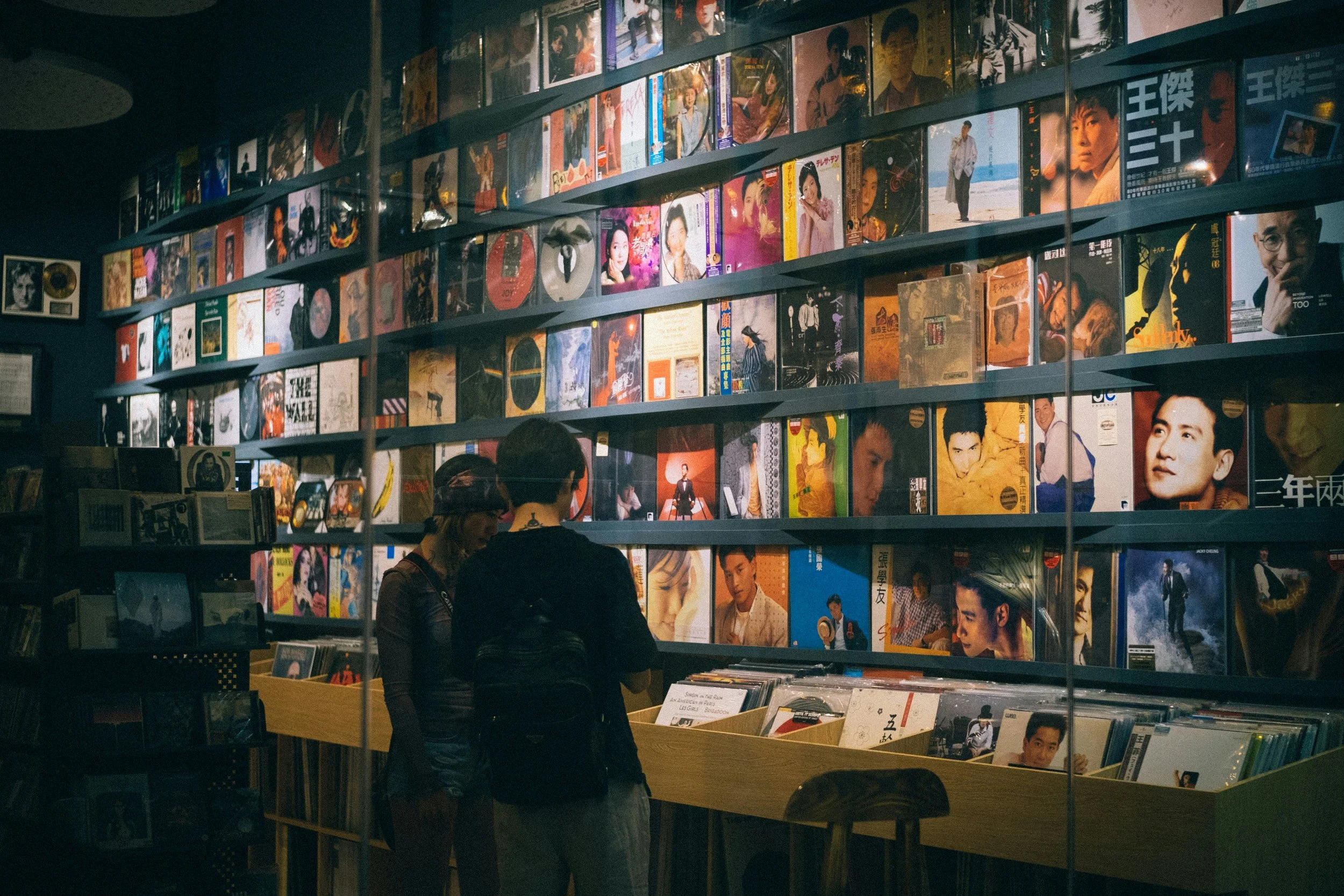
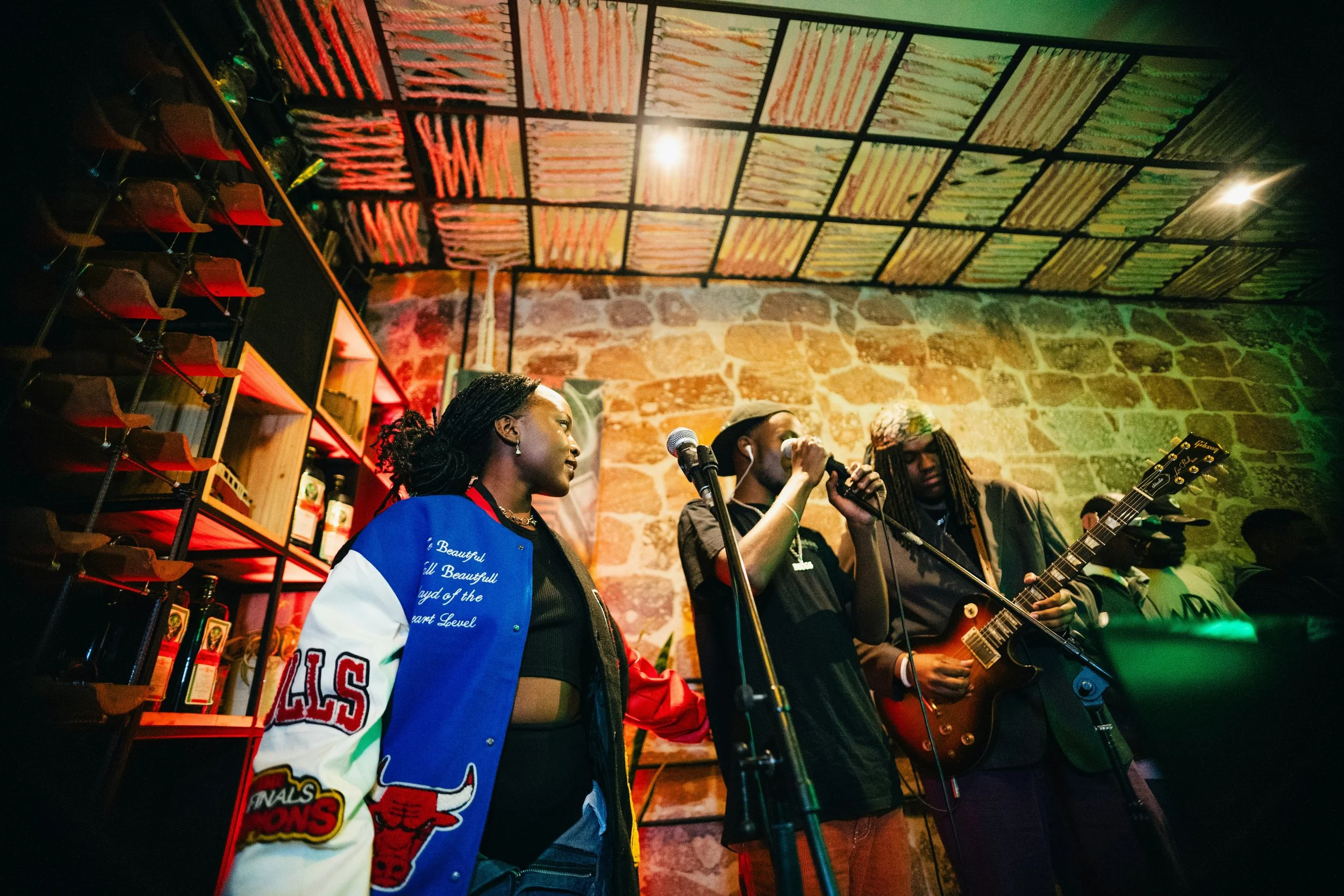
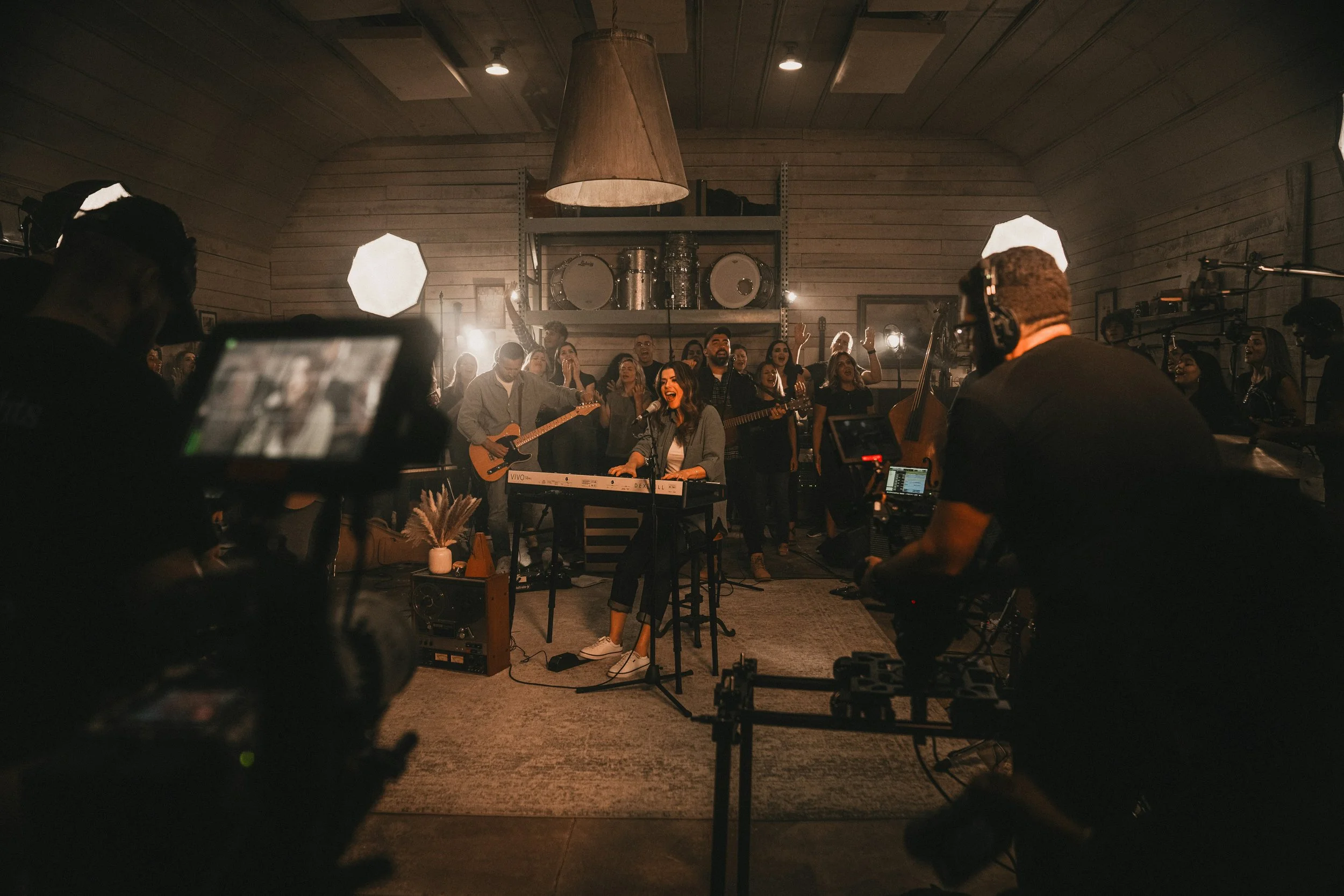
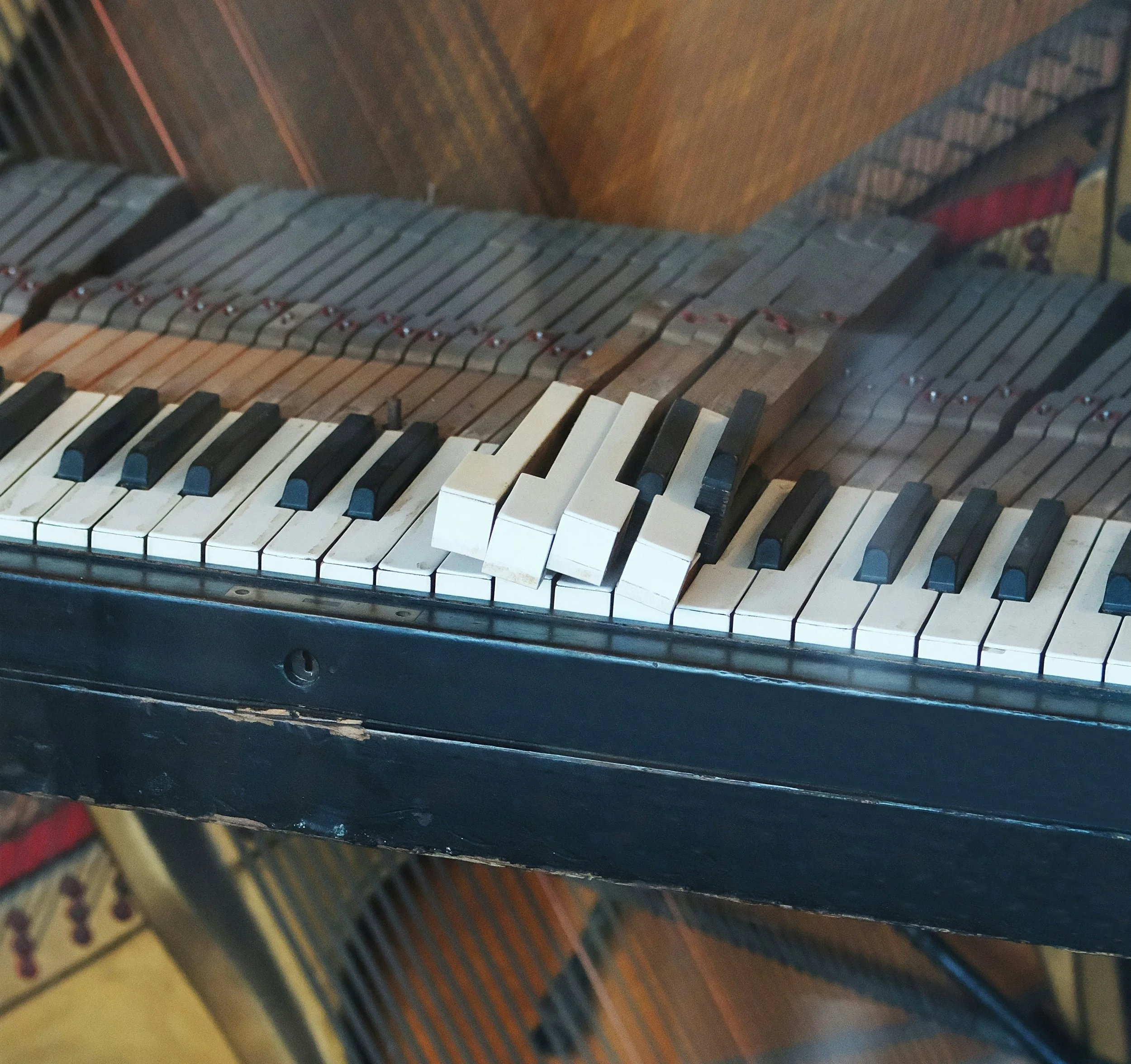


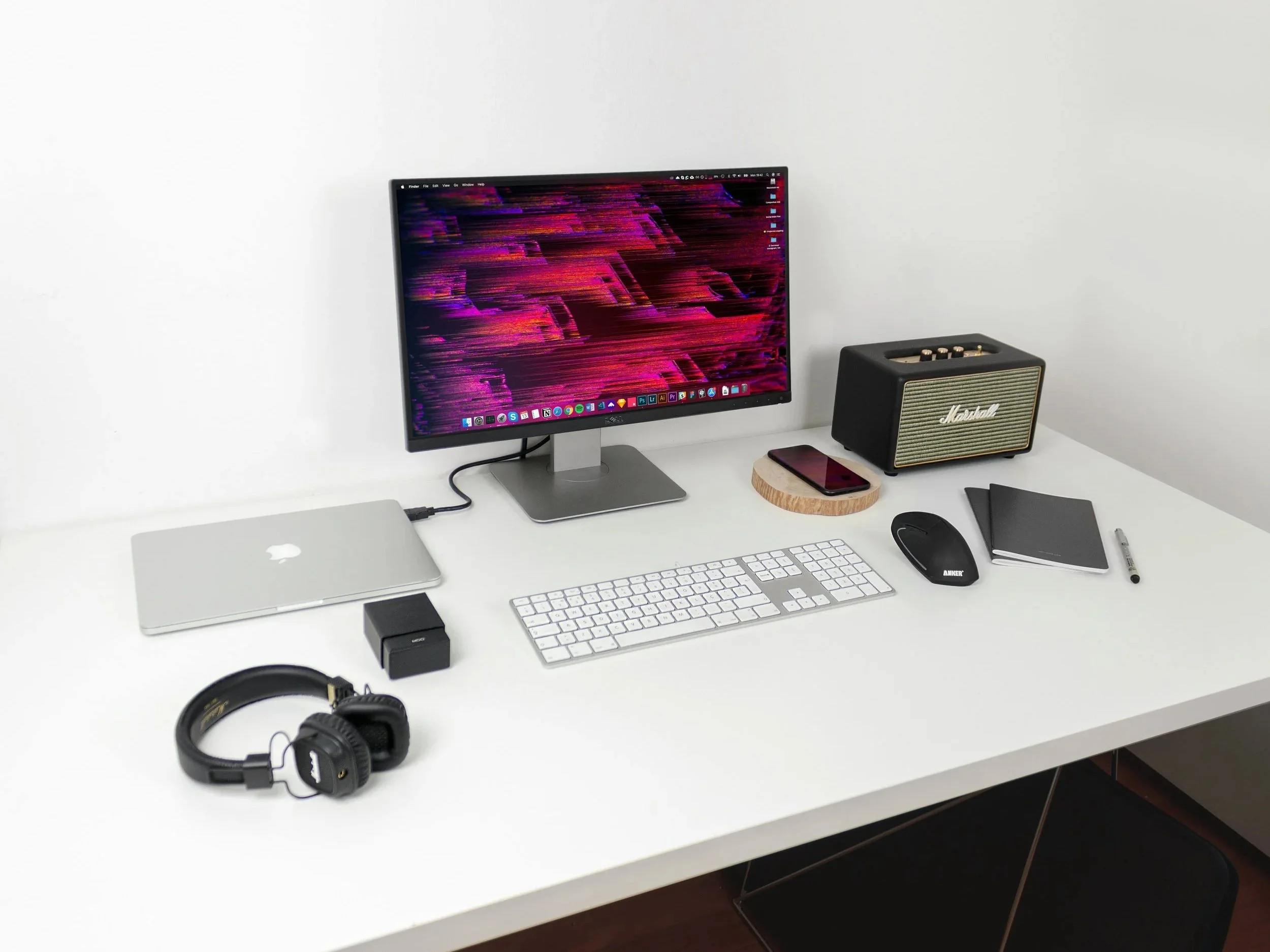


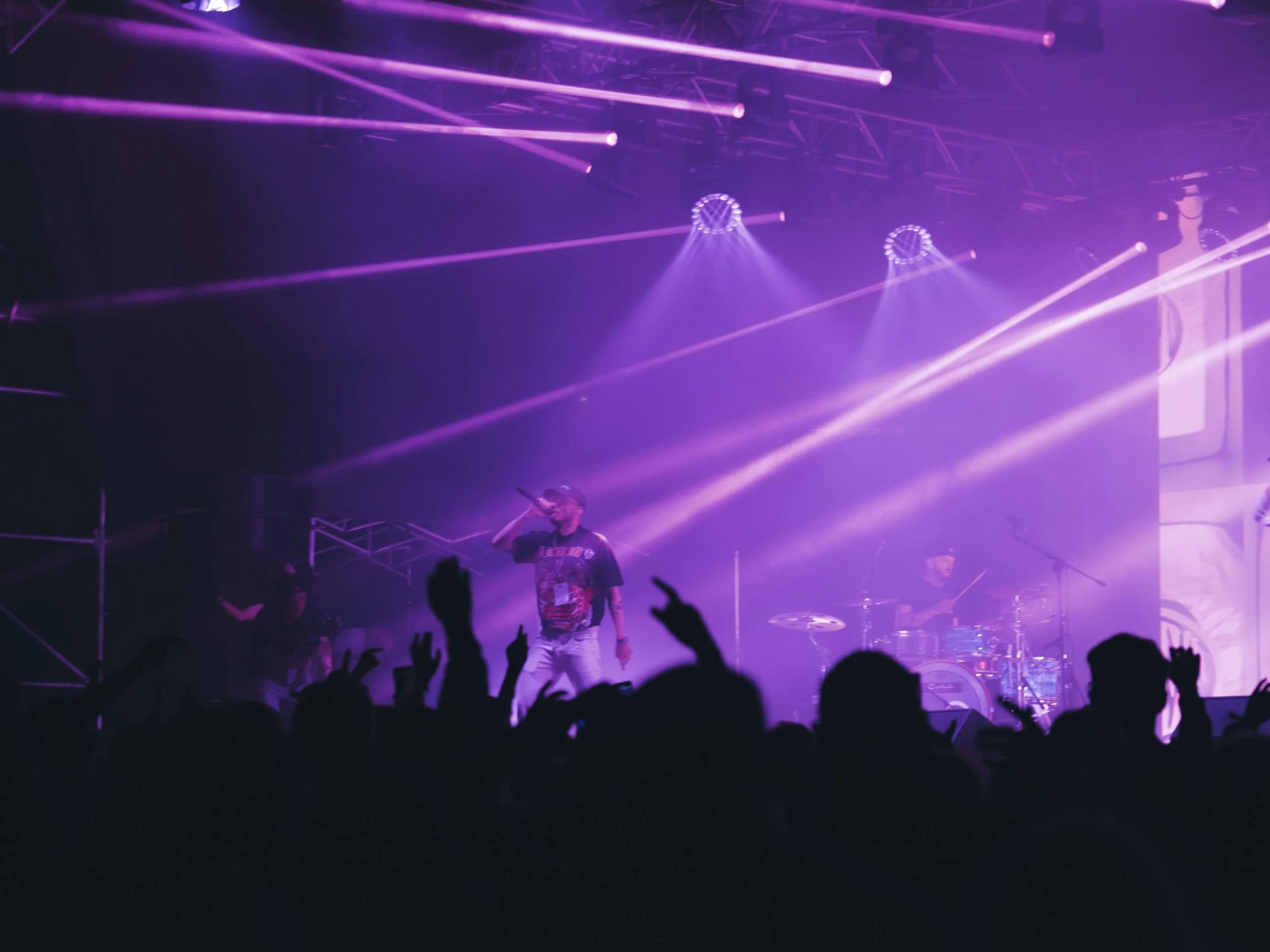

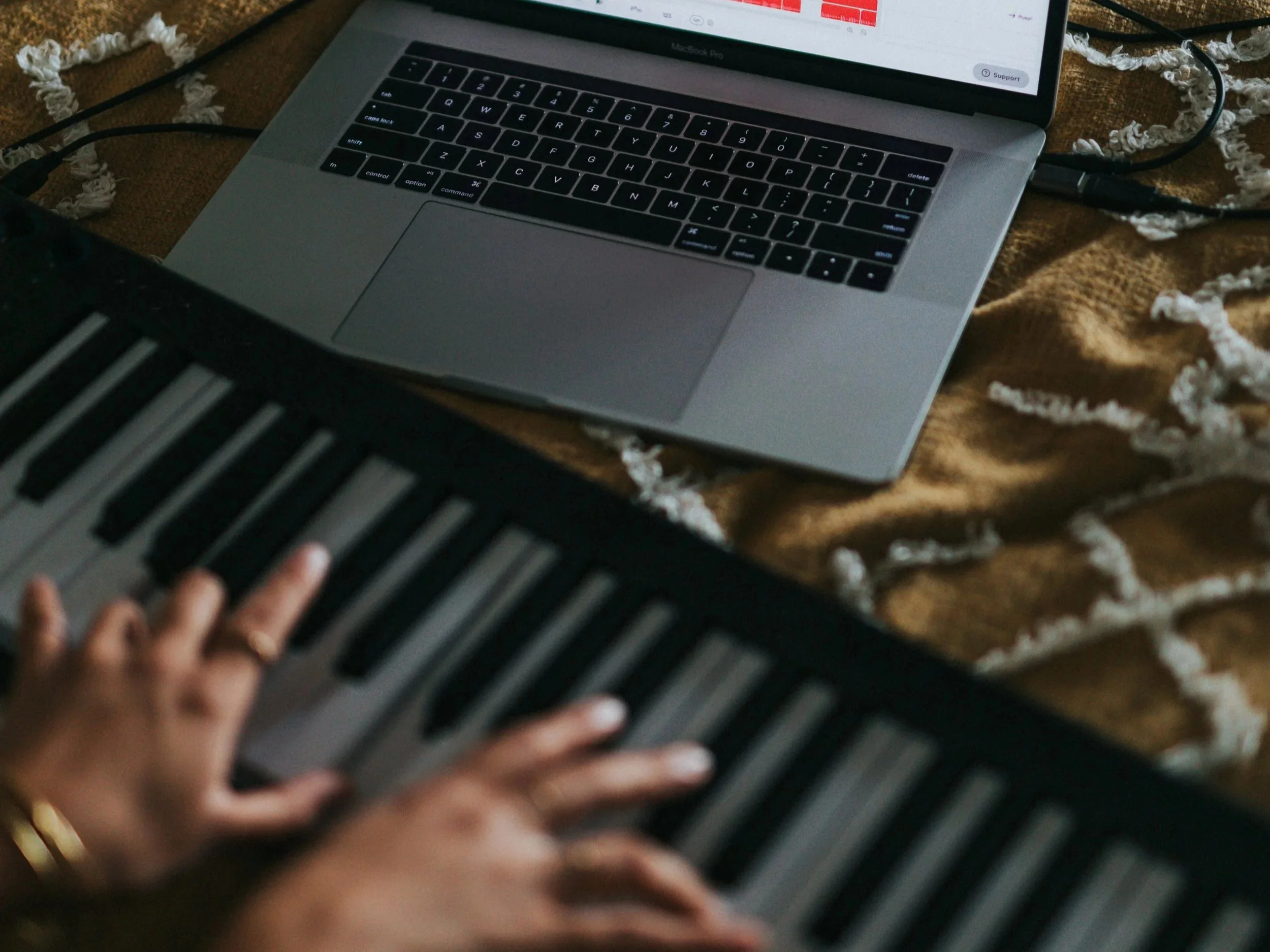


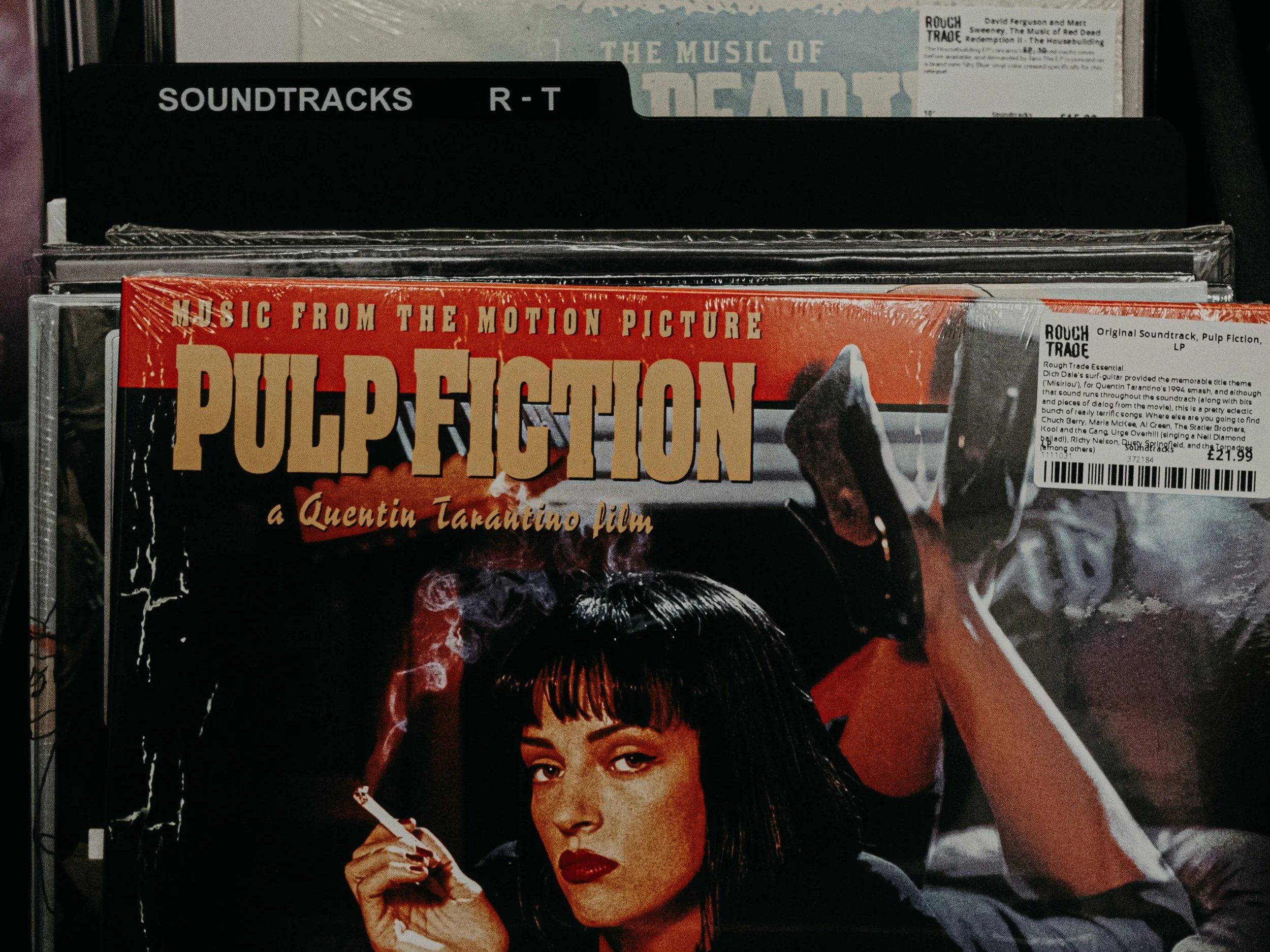







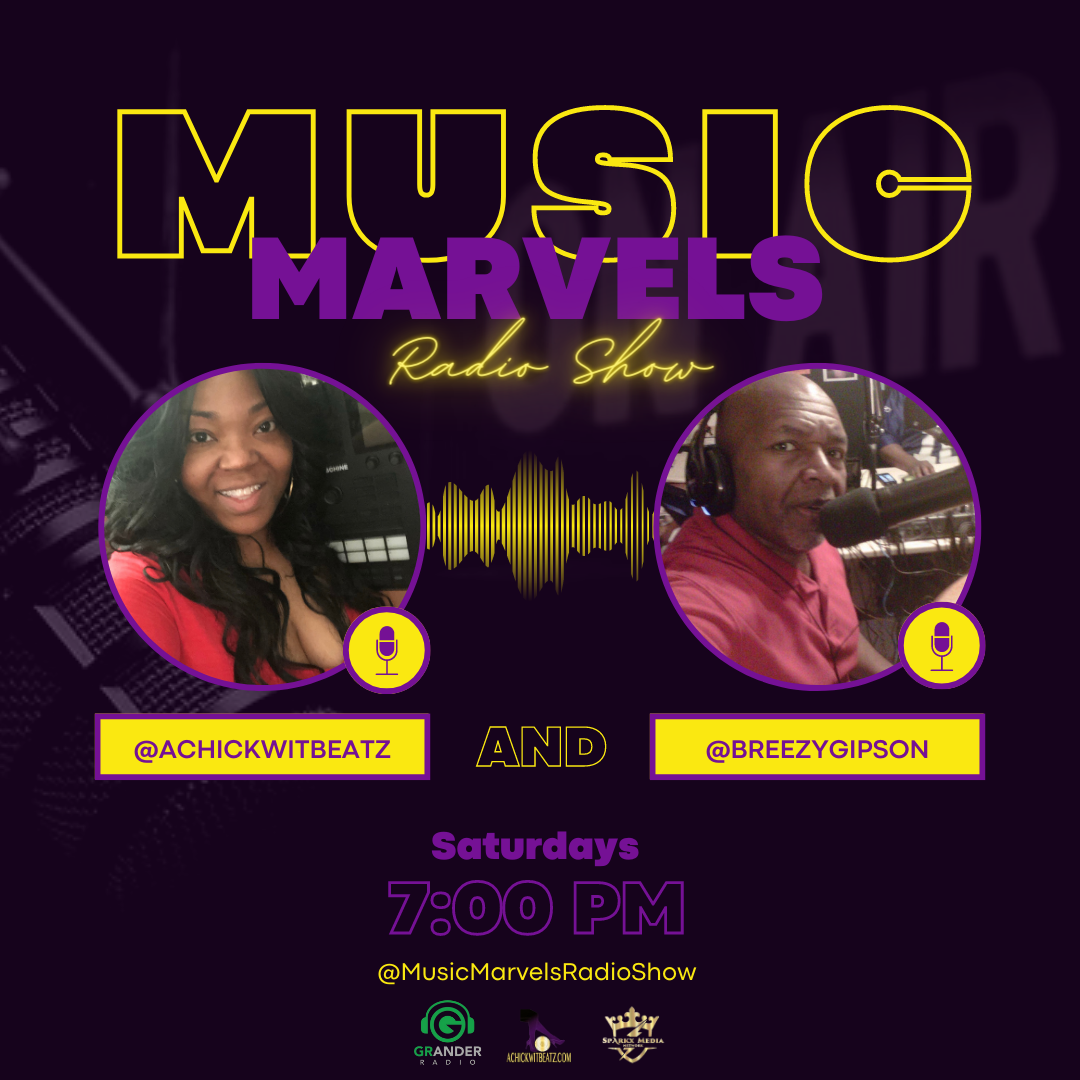
![Hear Here: Achickwitbeatz - Dopamine & Serotonin [Single]](https://images.squarespace-cdn.com/content/v1/52b0b90ae4b0293bfed0d692/1710852808557-EZYGFDIBHLBSIRFOVS1Q/Dopamine+%26+Serotonin.JPG)


